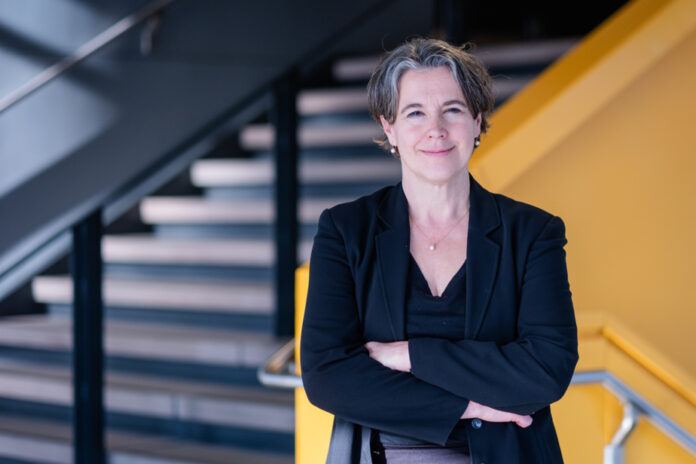You must first be familiar with the standards that apply (or will apply) to the SME, but also to its suppliers and clients. In Canada, the Combating Forced and Child Labor in Supply Chains Act will come into force on January 1. “We’re going to talk about it a lot, so it can’t go under the radar. » For example, does China’s fabric come from a region where Uyghurs are subjected to forced labor? Companies must also know the foreign standards to which their customers are subject. In Europe, the Corporate Sustainability Reporting Directive, which will come into force in 2024, will force tens of thousands of companies to make extra-financial disclosures on their environmental and societal implications, indicates the professor.
A company must know, on the one hand, the risks it runs relating to climate change and, on the other, the opportunities that result from it. In other words, it must know how it experiences climate change or benefits from it. Intensification of bad weather, floods, forest fires, intense heat, lists Isabelle Martin. “We saw several risks this summer. What are the consequences for your workers and facilities? » The disruption of the seasons harms farmers, for example; restaurateurs, on the other hand, can keep their terrace open until October. As the risks increase, you should not neglect to think about insurance. Are you located in a flood zone? In forest ? “It’s not easy to quantify, but you have to keep an eye on it. »
Companies must understand how their activities contribute to pollution and, conversely, how they help reduce their carbon footprint. SMEs must take into account the direct emissions linked to the manufacturing of their product, but also the indirect emissions generated by their production. “Where does the electricity required for our production come from? With hydroelectricity in Quebec, you understand why many companies produce there. » Procurement, including transport, is part of these emissions, as is the life cycle of products – businesses need to ask what people will use them for. A caricatured example would be the car, the professor illustrates: beyond the quantity of oil required to build it, we must consider how much it will use later.
“My last piece of advice is not to panic,” says Isabelle Martin, laughing. “And to seek out partners who can help you see where you are,” such as community organizations or government programs aimed at SMEs. They can certainly find advice there. The professor invites companies to carry out projects in partnership with organizations. Based on her research on business innovations, she has noted that the most lasting innovations are those carried out jointly with the community. And you don’t need to be a large company to find partners with the expertise you need. “Specialists may even be very motivated to help you,” concludes Isabelle Martin.















